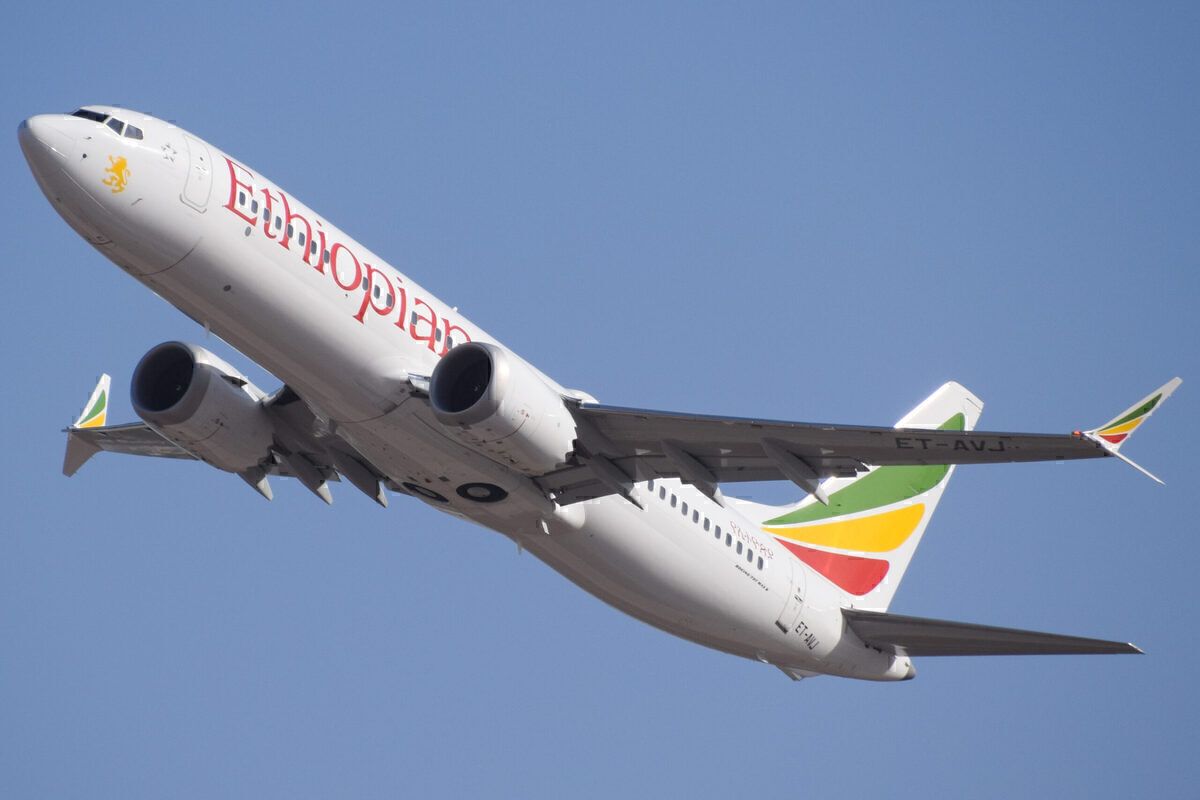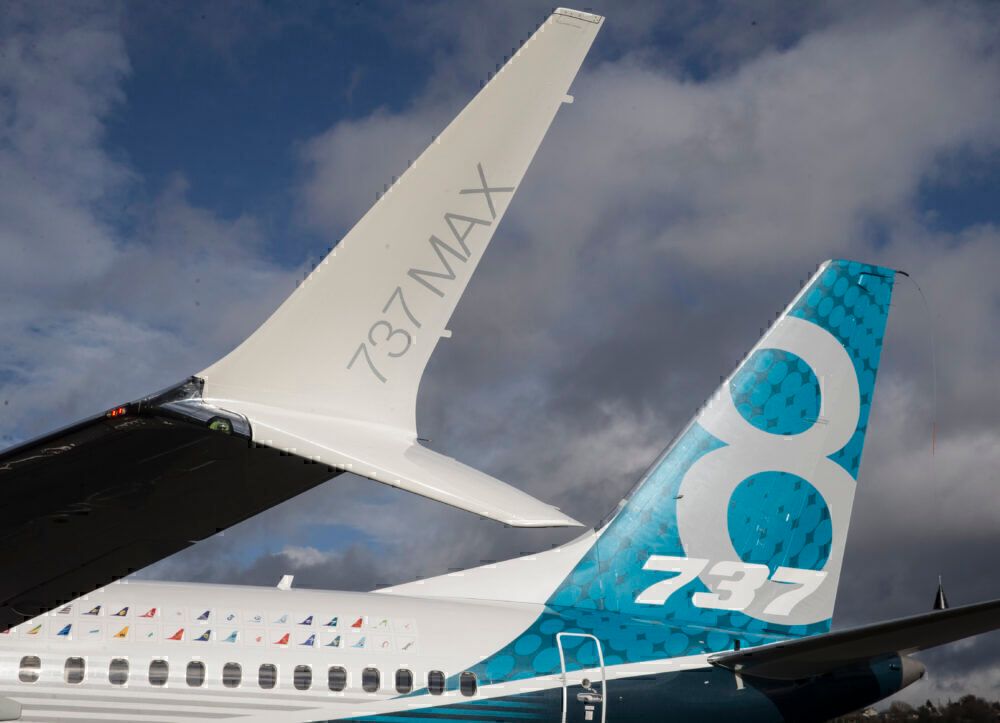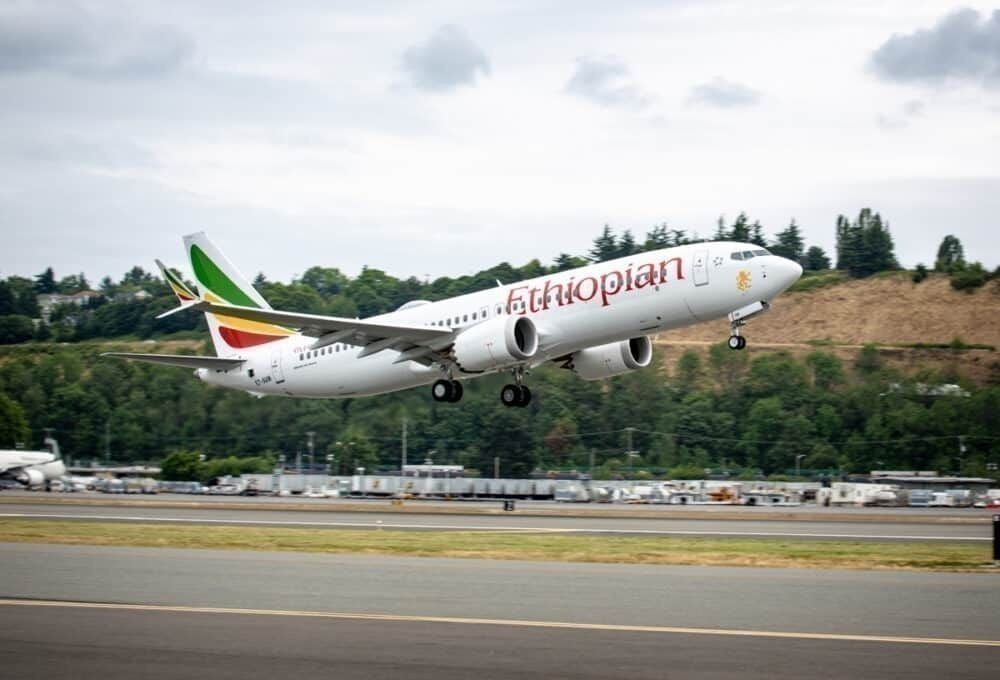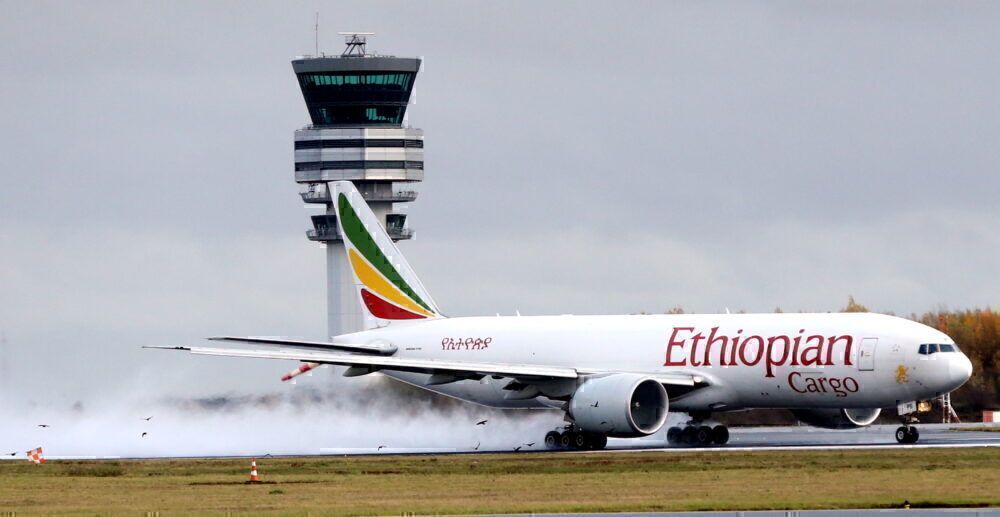The US attorneys representing Ethiopian Airlines in their case against Boeing relating to the 737 MAX have advised the airline not to accept the settlement on offer. Boeing is tabling a compensation amount of around $500 million to $600 million, which the legal team says is not enough. They are urging the airline to instead sue the planemaker for damages.
Law firm says offer falls ‘grossly short’
The legal team representing Ethiopian Airlines in its claim for compensation from Boeing relating to the 737 MAX crash and subsequent grounding have advised the airline not to accept the current offer on the table. In a letter sent to Ethiopian’s CEO Tewolde Gebremariam, and seen by the Seattle Times, DiCello Levitt Gutzler’s co-founding partner Adam Levitt said the amount on offer falls ‘grossly short’ of what should be demanded by the airline.
Claiming that Boeing’s offer is just a ‘mere fraction’ of the actual damages to the airline, both in physical losses and brand reputation, Levitt encouraged Gebremariam to “reject Boeing’s current, desperate settlement entreaties” and “immediately file and prosecute its claims against Boeing, in the United States.”
Part of the attorney’s argument hinges on the fact that Boeing recently accepted guilt for criminal fraud during the certification of the 737 MAX. Earlier this month, the planemaker agreed to pay $2.5 billion in total in relation to the charge. This, the law firm claims, puts Ethiopian in a strong position to claim up to $1.8 billion in damages from the manufacturer.
Does Ethiopian have time to sue?
Ethiopian Airlines was, historically, the most powerful airline in Africa. But the crash of ET302 was a painful experience, damaging its reputation and leaving it out of pocket. Then, with the prolonged grounding of the type, the airline lost access to its remaining fleet of MAX aircraft, not to mention those planes that it was expecting to have delivered.
Still reeling from this experience, then came 2020. The COVID-19 pandemic has decimated air travel, with long-haul the worst-hit sector. For an airline that was forging a path to becoming a hub and spoke carrier to rival the likes of Emirates, this couldn’t have come at a worse time.
Unlike many other airlines, Ethiopian has not received any state support to see it through the crisis. The airline has pinned its survival on a rapid pivot to cargo operations, previously telling Simple Flying that,
“Many of the European and American carriers have got a very rich Uncle Sam who is supplying them with these funds. But for us, we do not have that kind of a luxury. So, we have to run for our own life.”
When Ethiopian does fly a passenger or two, it makes sure there is enough cargo in the belly of that plane to offset the losses from the low load factors in the passenger cabin. But for how long is this strategy sustainable. The crisis has gone on for much longer than anyone expected, and the airline may not have time to wait.
Litigation can take years
The US legal system can run painfully slowly, particularly in cases involving large corporations. For Ethiopian, taking Boeing to court could mean a lead time of years, not months, before its compensation is in the bank. While it’s staring down the barrel of a major loss-making year, it could well be the case of a bird in the hand is worth two in the bush.
Then, of course, you have to consider what Levitt’s motivations really are. Representing Ethiopian, Levitt is likely billing the airline something in the region of $500 - $600 per hour, so anything he can do to inflate his final bill is going to be attractive enough to push.
On Boeing’s side, the planemaker has set aside $9 billion for compensation relating to the MAX. For the majority of its customers, this will cover loss of earnings while the plane was grounded, and compensation for late deliveries of new aircraft. However, Boeing is well known for dishing these awards out in the form of discounted future purchases and waivers on maintenance costs.
For Ethiopian, an offer of half a billion dollars (part of which is likely to not be in cold, hard cash) seems a bit of a low-ball on Boeing’s part. But, for the airline, it could well be a case where the time and expense of seeking a larger payout just isn’t worth the wait.




